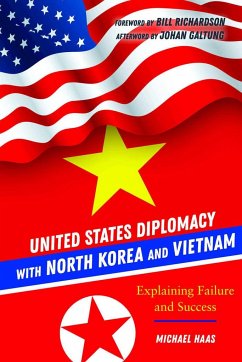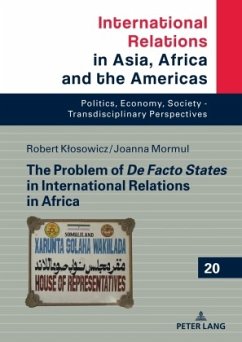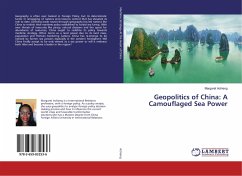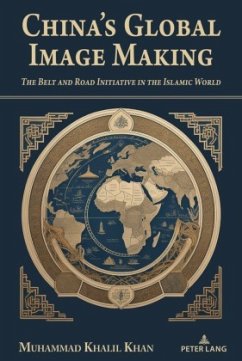
The United States Involvement in the South China Sea Dispute
Versandkostenfrei!
Versandfertig in 6-10 Tagen
96,25 €
inkl. MwSt.
Weitere Ausgaben:

PAYBACK Punkte
0 °P sammeln!
The South China Sea dispute not only involves the sovereignty and security interests of the countries concerned, but also the stability and prosperity of the Asia-Pacific region. As the South China Sea dispute has evolved, the United States, with its continuous engagement, has played a vital role in contributing to the complexity and internationalization of the dispute. This book summarizes American strategies in the South China Sea, and comprehensively examines the role of the United States in this maritime dispute from both historical and realistic perspectives. It argues that the U.S. polic...
The South China Sea dispute not only involves the sovereignty and security interests of the countries concerned, but also the stability and prosperity of the Asia-Pacific region. As the South China Sea dispute has evolved, the United States, with its continuous engagement, has played a vital role in contributing to the complexity and internationalization of the dispute. This book summarizes American strategies in the South China Sea, and comprehensively examines the role of the United States in this maritime dispute from both historical and realistic perspectives. It argues that the U.S. policy towards the South China Sea dispute is highly skillful and targeted. The degree of the U.S. involvement in the disputes mainly depends on three factors, namely its Asia-Pacific strategy and interest demand, its strategy towards China, and the speed of China's rise and how the United States perceives it.
This book will be of great interest to those who study or focus on international relations, China-U.S. relations, maritime affairs, U.S. foreign policy, and East Asian security studies. University libraries, public libraries, think tanks, institutes for marine affairs, and engaged private individuals who are interested in international relations, China-U.S. relations, maritime disputes, South China Sea issues, etc., will also be interested in this book.
This book will be of great interest to those who study or focus on international relations, China-U.S. relations, maritime affairs, U.S. foreign policy, and East Asian security studies. University libraries, public libraries, think tanks, institutes for marine affairs, and engaged private individuals who are interested in international relations, China-U.S. relations, maritime disputes, South China Sea issues, etc., will also be interested in this book.














